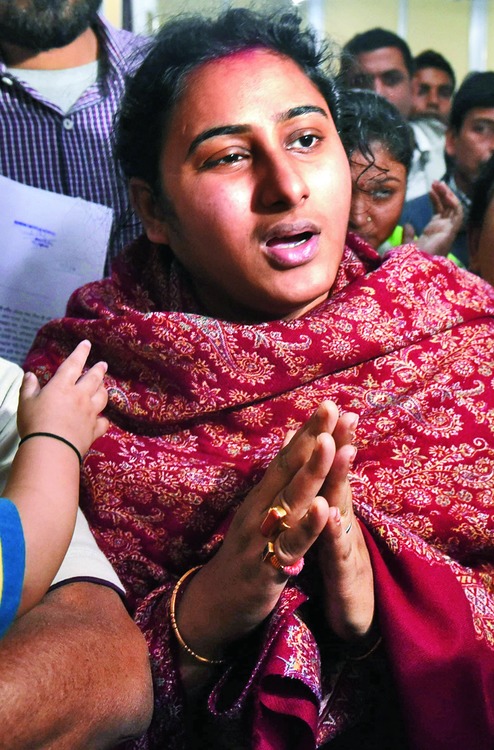
Calcutta: The grievances that most people have against private health care in Bengal are in stark contrast to the trust they put in the top hospitals of south India in terms of quality, cost and care.
Since Tuesday, there have been three instances of families losing a loved one filing police complaints against the private hospitals where the deaths occurred. In one of these instances, the unit head of AMRI Mukundapur allegedly misbehaved with the grieving parents of a toddler who died at the hospital when they demanded to know why the girl's condition suddenly worsened.
Officials of several hospitals in south India that Metro spoke to said earning the trust of patients and their families depended on proper communication, continuous training of employees in soft skills, transparency and a clear-cut system of redress.
Thousands of people from the state visit Vellore, Bangalore, Chennai and Hyderabad each year for treatment and generally experience a level of care that many are convinced that money cannot buy in Calcutta.
On paper, all private hospitals in this city have the same systems in place as their south India counterparts. But the experiences of patients and mounting complaints about negligence and lack of transparency suggest that implementation is a problem.
"Over the years, we have been able to gain the trust of our patients through transparency and communication. Even if there is an unforeseen tragedy, the relatives understand that the hospital tried its best," said an official of Christian Medical College (CMC) in Vellore.
At CMC Vellore, the team of doctors treating a patient is at the person's bedside every morning to explain to his or her family the medical condition, response to treatment and the prognosis. "If a relative can't visit the ward in the morning, there is the option for communication in the evening," said an official.
Hospitals admit that a communication gap in health care is fatal for the patient-hospital relationship. "Lack of communication is the root of mistrust and misunderstandings," said Joseph Pasangha, CEO of Narayana Health City in Bangalore.
In Calcutta, hospitals often falter in communication. Last month, an executive of a private bank had admitted his father to a hospital off the Bypass for treatment of a gastrointestinal ailment. "In the first two days, I did not even have access to the doctor treating my father to know the diagnosis and the course of treatment," he recalled.
Something like this is rare in the reputable hospitals of south India, according to people who have visited them.
Setting up a grievance redress mechanism is also the key to avoid unrest in the event of a dispute or an unforeseen outcome.
"We have grief counsellors in our intensive care units. They coordinate with the doctors," said an official of Manipal Hospitals in Bangalore.
At CMC Vellore, the grievance cell has an administrator as its head and four doctors to address medical queries.
Narayana Health City has medico-social workers.











